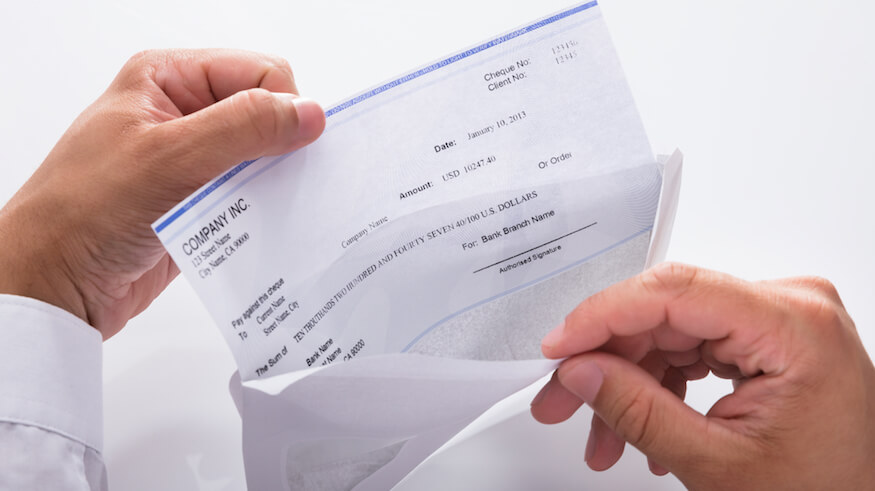Karen looked up her information in the database. She was shocked at what she saw. A retired nurse, Karen had found a paycheck which she had fought tooth and nail for when one of her employers shut their facility 20-some-odd years before. She had never received it. Unclaimed money.
Yet, waiting for her here in the new millennia was more than $2,000 – monies her employer must have eventually realized they couldn’t withhold.
Karen is not alone. Collectively, US residents are owed more than $58B. Most of them don’t even know it. These unclaimed funds average out to $186 per US resident. Here’s how you can find out if and how much of this unclaimed money is yours.
Unclaimed Funds at the State Level
When a company or entity owes you money, they must pay you. If they cannot locate you, they must turn that money over to the state, who then holds onto it for you. That means if you have an old employer who never issued you that last paycheck, an insurer who failed to compensate you for a claim, or a pension or other retirement plan from which you should be receiving benefits, that money is likely sitting in your state treasurer’s office.
It’s easy to find out if you have unclaimed money waiting for you with your state treasury. First, visit MissingMoney.com to locate your state’s individual page for unclaimed funds. This page will have a slightly different name in each state. In Massachusetts, it’s called the Unclaimed Property Division (UPD). In New York, the department falls under the purview of the state comptroller.
Whatever the name of your state’s program, enter the information requested. Your state’s search engine will then show you any results that may be associated with your name. There is a possibility that your name won’t come up; if no one owes you money, there will be no funds to return. However, if you do have money waiting for you, you will have to fill out a form to verify your identity and claim your cash.
Unclaimed Funds at the City Level
In some states, certain checks may be held at the city or municipal level prior to being turned over to the state. For example, if you live in Philadelphia your funds are likely to be held with the city treasurer for the first five years. If you fail to make a claim within that timeframe, your money will then be turned over to the state.
How much unclaimed money will I find?
The amount of unclaimed funds waiting for you will vary greatly. If no one owes you money, you’re not likely to find anything in your state treasurer’s database. You could find as little as $5, or you could find an old payroll check restoring thousands of dollars to you for your uncompensated labor.
Can I claim unclaimed money for a deceased relative?
During your search, if you find money owed to a relative of yours who has passed, you can file a claim on their behalf. You will be required to fill out extra paperwork. While the process will vary from state to state, expect to be required to have the death certificate on hand, proof of your relations, and any information regarding the deceased’s estate.
Unclaimed money is free.
You should not have to pay any third parties to help you file your claim, even if that third party is posing as a legitimate organization such as a law firm. They might even be a legitimate law firm. But filing your claim with the state is free, though you may be required to enlist the services of a notary. If you’re not wont to put on pants and leave the house, you can see if your state will accept documents notarized online.
It’s an easy process you can complete on your own; be extremely skeptical of those who want to profit off of the money you’re rightly owed.
Are there other unclaimed money databases?
The federal government currently recommends two additional databases where you may be able to find unclaimed funds. The first is for those who may have funds in a now-defunct, NCUA-insured credit union. The second is for HUD/FHA mortgage insurance refunds.
This sounds too good to be true. Is unclaimed money real?
You’re right to be suspicious. Very little in life is truly free. This is the very reason you should question those who want to charge you to claim what is already rightfully yours. While you might incur the inconvenience of having to print out a form or pay a notary, this is your money – all you have to do is go claim it.
Find a personal loan with Fiona without harming your credit



















